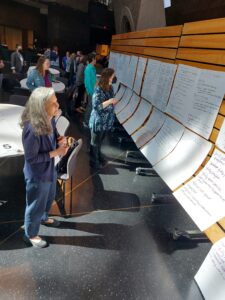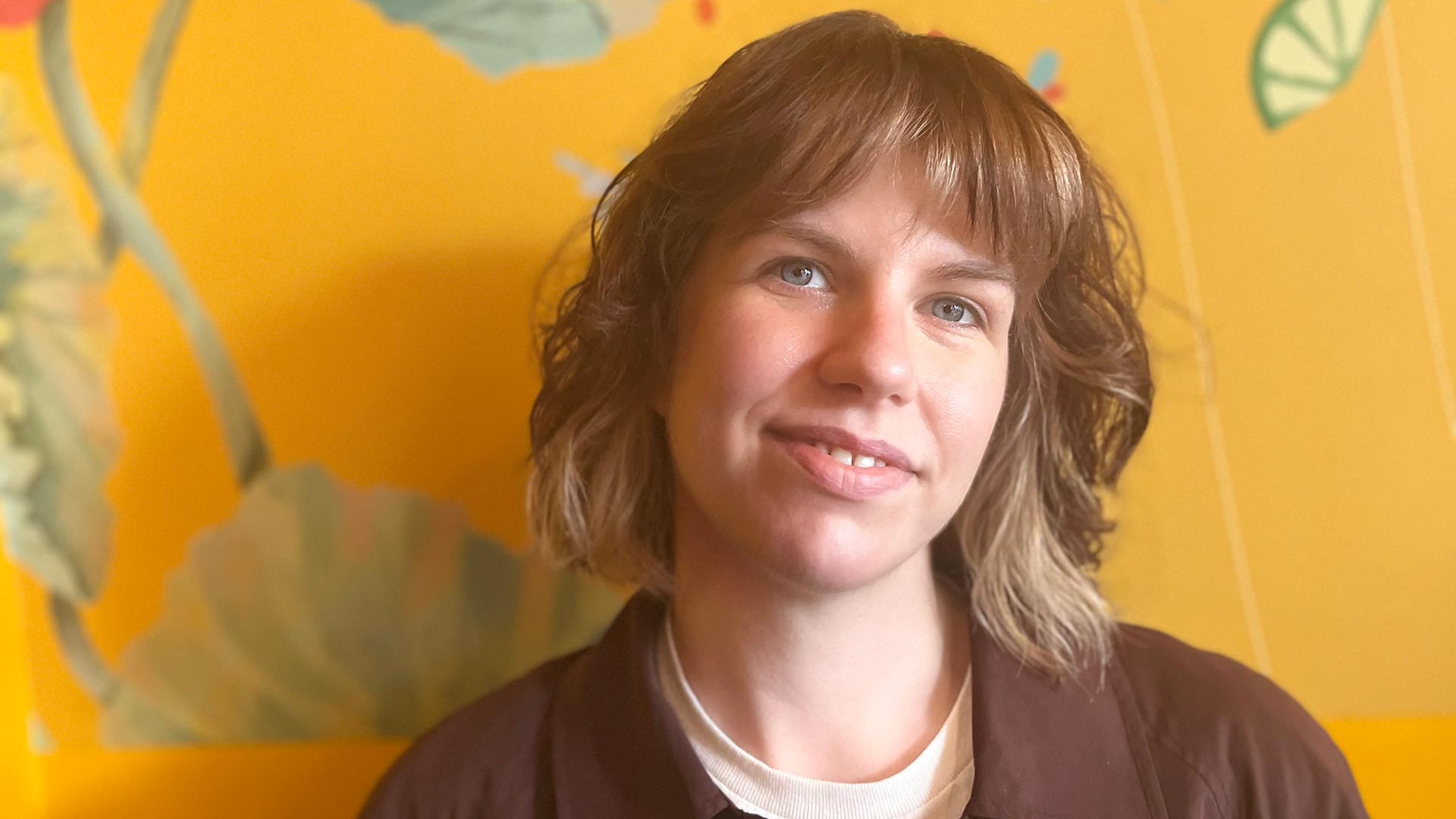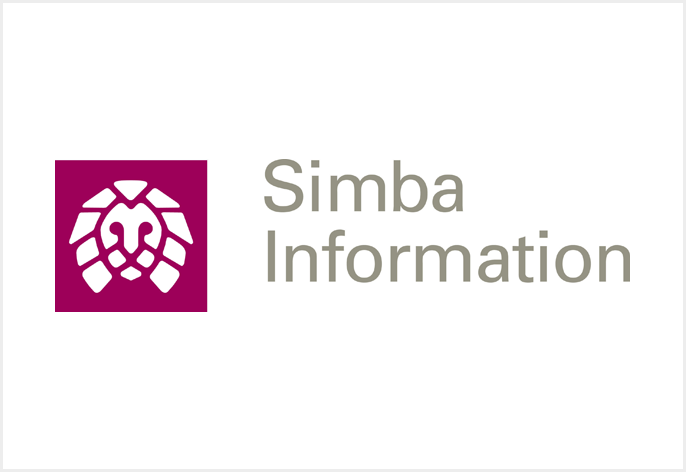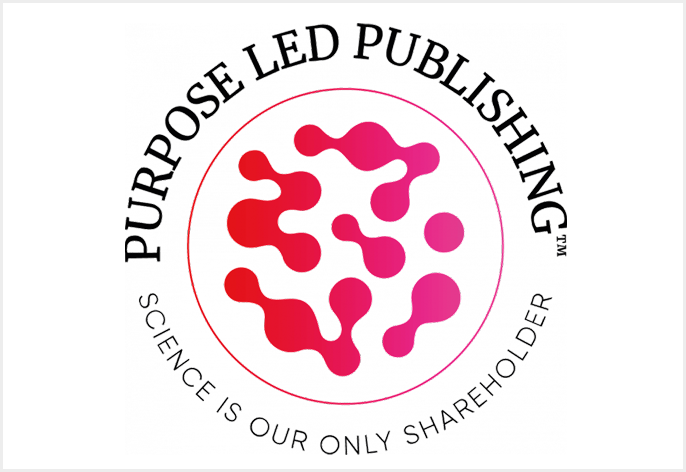Sage celebrates 60th anniversary with progress report on academic impact and social responsibility
Sage, a leading global academic publisher, is celebrating its 60th year in business by releasing its annual Independence with Impact Report. The report showcases the company’s continued progress in key areas, including academic impact, diversity, equity and inclusion, sustainability, and the advancement of academic freedom.
Since its founding in 1965, Sage has been committed to publishing resources that not only advance academic disciplines but also foster critical thinking, promote social change, and support new learning methodologies. The 2024 report highlights the company’s ongoing dedication to developing high-quality research and resources that reflect diverse perspectives on pressing global issues.







